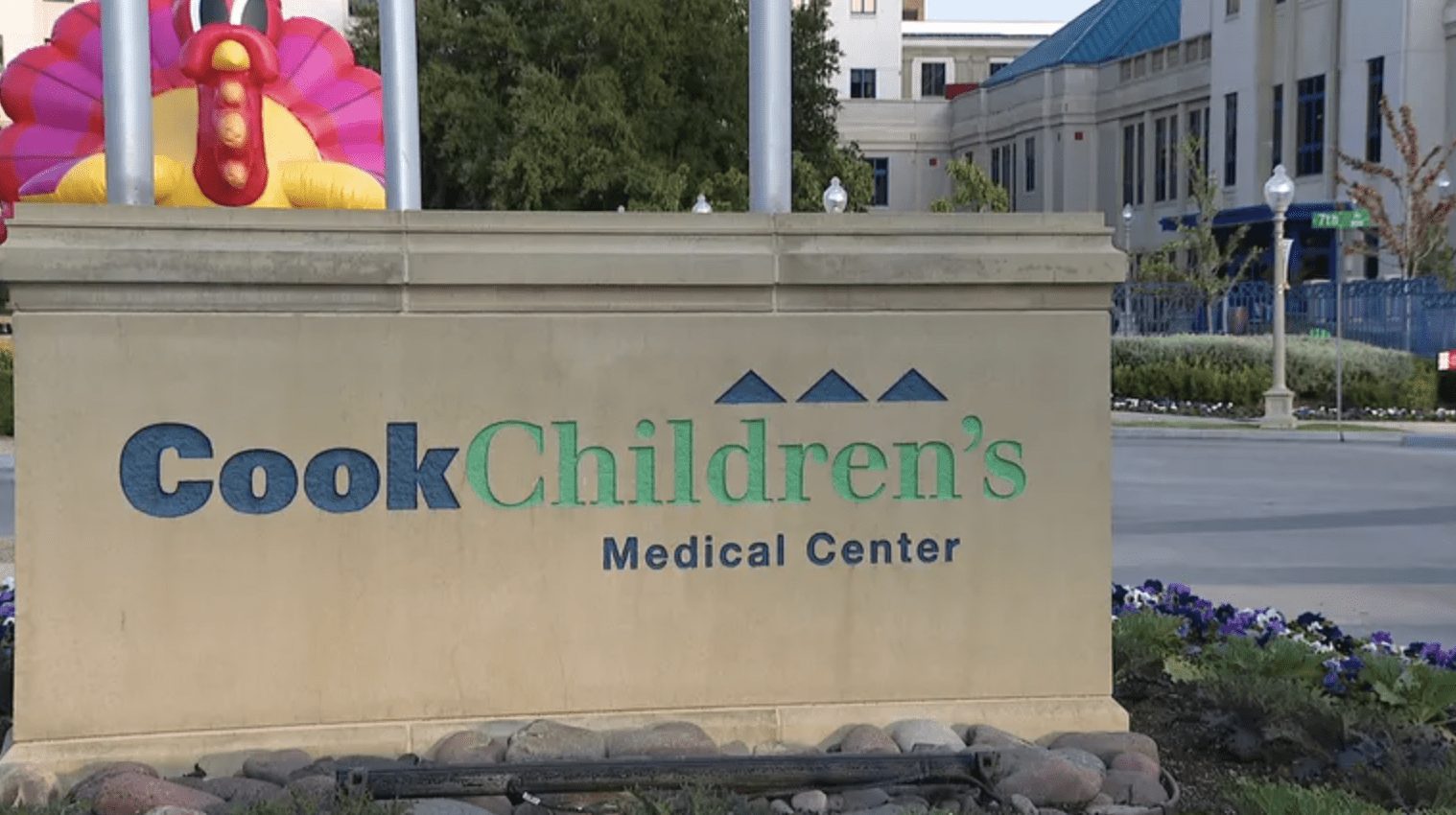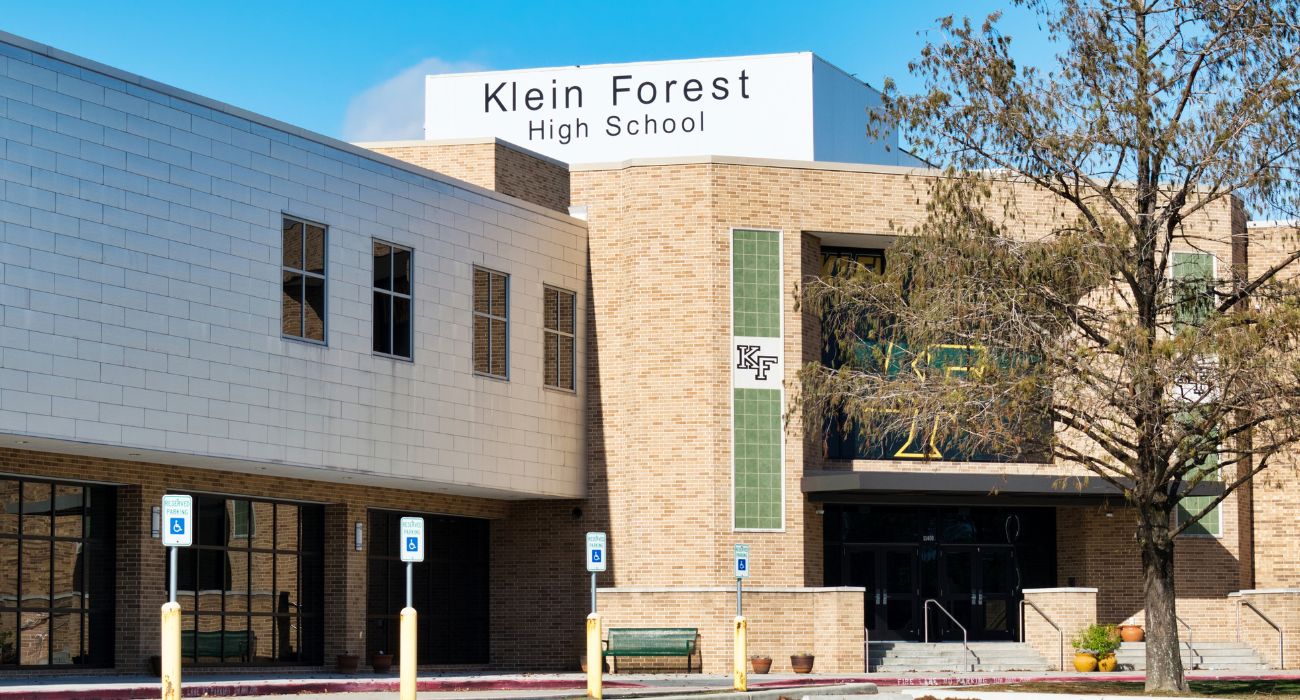Cook Children’s Healthcare System in Dallas-Fort Worth has observed a significant increase in the number of respiratory syncytial virus cases reported so far this summer.
The virus typically circulates during the winter, peaking sometime between mid-December and February and virtually disappearing by June.
However, this is now the second year in a row RSV has spiked in the summer, with Cook Children’s clocking roughly 60 reported cases a day at the end of May, per FOX 4 News.
RSV behaves similarly to a cold or flu, but it can be especially dangerous for children under three, specifically infants.
“It creates a lot of mucus and causes inflammation in your airways, which can be challenging for a baby to clear all of that mucus,” said Dr. Priya Bui, Pediatrics and Women’s Health Chair at the University of North Texas Health Science Center, speaking with FOX 4 News.
Aubree Gordon, an RSV expert and associate professor at the University of Michigan’s school of public health, told the Fort Worth Star-Telegram, “As a parent, particularly for really young infants, I worry a little bit more about RSV than SARS-CoV-2.”
She added, “RSV is just a really tough infection on infants.”
There are currently no vaccines or specific treatments for RSV infection. However, the virus usually clears on its own.
DFW is not alone in seeing a significant rise in RSV cases. More people across the whole state of Texas are testing positive, according to the Fort Worth Star-Telegram.
Louisiana is also seeing a replay of last year’s summer circulation of RSV.
Experts like Dr. Bui claim that behavioral changes related to the COVID-19 pandemic likely disrupted RSV’s seasonal cycle.
“Whenever you have a new player like COVID circulating, that just throws things off sometimes with the season for RSV but also maybe the flu,” she said.
Dr. Nicholas Rister, a pediatric infectious disease doctor, concurs.
“We see these altered patterns for several years after major outbreaks,” he said to the Fort Worth Telegram. “It’s very likely that we’ll get back into normal patterns down the road. But I wouldn’t be surprised if it takes a couple more years until things start to kind of get back into a new routine.”






